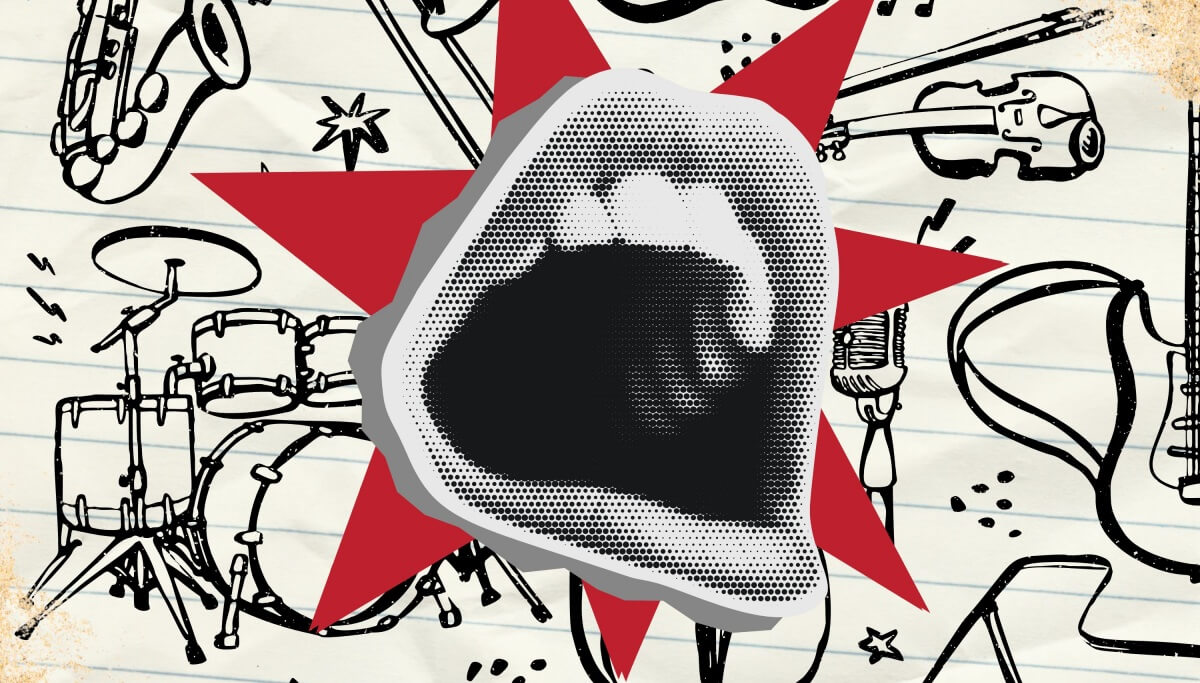The Coalition for Music Schooling, and involved mother and father at current conferences, are elevating the alarm about proposed cuts to the music curriculum in Toronto’s colleges.
The TDSB is making an attempt to wrestle with a deficit to the tune of $58 million CAD, and coping with a provincial authorities that has not too long ago put college board funds within the headlines. Together with different boards the place alleged monetary mismanagement has occurred, the Ford authorities has put the TDSB’s funds below investigation.
A earlier deficit restoration plan submitted by the TDSB has been rejected by the Minister of Schooling.
In response, the TDSB Finance, Finances and Enrolment Committee has not too long ago launched a report calling for adjustments — together with vital adjustments to music schooling.
The transfer comes simply after 200,000 Canadians in 600 areas joined collectively for Music Monday, a celebration of music schooling from coast to coast organized by the Coalition for Music Schooling in Canada.
Music Schooling: The Suggestions
The report’s suggestions revolve round a particular program provided inside Toronto’s elementary college system that makes use of what are termed itinerant music instructors. There are 74 such itinerant music instructors (IMI), aka skilled musicians who work with colleges and academics to instruct elementary college children in instrumental music, together with band, strings, metal pan and vocal music.
- The 74 IMI instructors, in accordance with the report, price about $5 million CAD per 12 months.
- They assist children from Kindergarten to Grade 8 by 434 IMI applications in 277 colleges.
- 192 colleges wouldn’t have this system.
- This system shouldn’t be particularly funded by the college system.
- The proposal claims that eliminating the IMI program will end in $4 million CAD financial savings in 2025/26.
What they suggest as a substitute:
- $1 million CAD funding for one 12 months to coach educators and buy musical devices.
- Deciding on 50 colleges for a trial program involving centered coaching. This entails utilizing LOI, which refers back to the Studying Alternative Index, a system which ranks TDSB colleges based mostly on the exterior challenges to studying that college students face. It compares knowledge together with the median household incomes inside a college district, share of households receiving social help, and different elements.
- Suggestions from college students relating to their pursuits and different particulars will probably be gathered after the trial interval.
- Colleges will probably be required to report on how the allotted funds are used to assist college students get entry to instrumental music.
- Colleges may also be required to finish a Skilled Studying Plan that reveals “how educators will probably be supported in optimally utilizing their college’s stock of musical devices”.
Below what’s being dubbed the Renewed Music Programming mannequin, TDSB college students will get music instruction from their common classroom academics, or non-specialist instructor, or specialist music academics. The report signifies there are greater than 600 elementary college academics already certified to show music.
What’s the Drawback?
It sounds wonderful on paper, however many are already mentioning problematic points. In Ontario, all elementary academics are deemed certified to show music. It’s clear that the extent of instruction from skilled musicians is considerably totally different than what is likely to be provided by college academics with little or no music background after a quick interval of coaching. Even these with a background in music could not have particular coaching in instrumental or vocal instructing.
It’s additionally clear that, exterior of the 50 colleges which are chosen for the pilot program, most college students within the TDSB will go for at the least a 12 months with out certified instrumental and vocal academics.
The report additionally claims that the prevailing IMI system isn’t equitable, since not all colleges obtain the advantages. Nonetheless, as TDSB Trustee Weidong Pei identified to a reporter from The Toronto Star, this system is out there to any college that applies — and none have ever been turned down.
“These applications usually are not extracurricular luxuries — they’re core to a well-rounded, participating, and equitable public schooling,” he added.
MusiCounts is a nationwide music schooling charity that gives grants to varsities. Nick Godsoe director of applications and schooling at MusiCounts commented to The Toronto Star, “In simply the previous 10 years, we’ve invested greater than $700,000 into 68 (TDSB) colleges. However for these investments to work and to be worthwhile and to be sustainable, we’d like college boards to acknowledge the significance of getting certified music specialists in place to correctly make the most of this extremely specialised tools.”
Many are additionally pointing the finger at persistent underfunding of the college system because the underlying offender. Together with music, areas similar to swimming pools and swim applications, outside and persevering with schooling have been focused within the report.

What’s Subsequent?
For those who’d like to assist, you’ll be able to signal a petition with The Coalition for Music Schooling (with greater than 5K signatures already), and discover extra assets, [HERE].
Are you seeking to promote an occasion? Have a information tip? Have to know the very best occasions occurring this weekend? Ship us a be aware.
#LUDWIGVAN
Get the every day arts information straight to your inbox.
